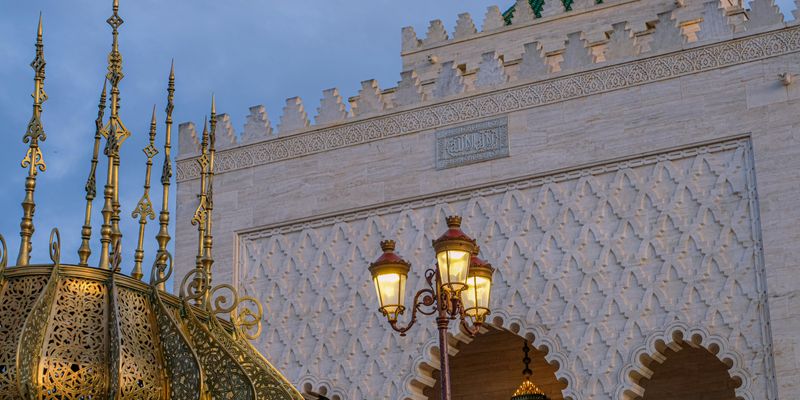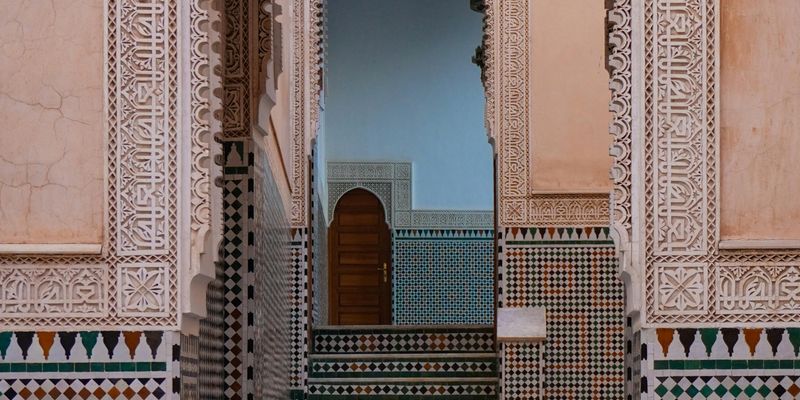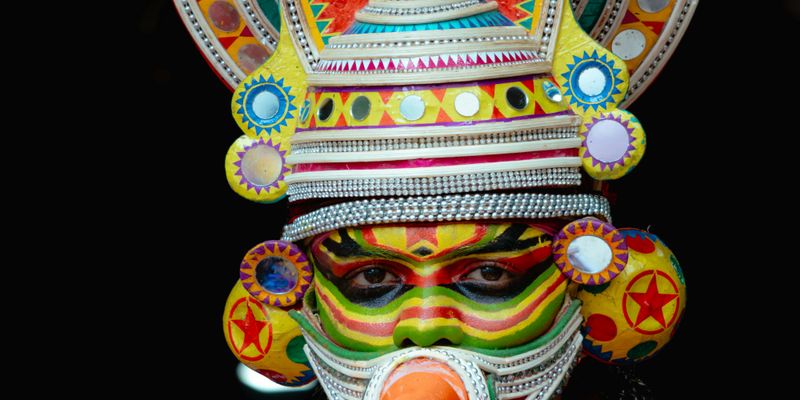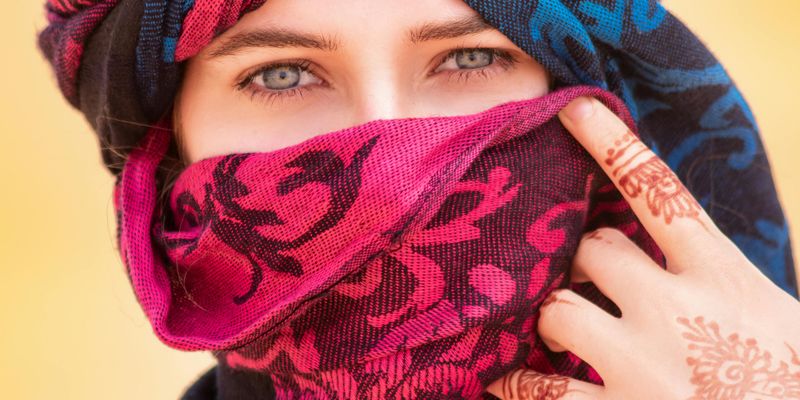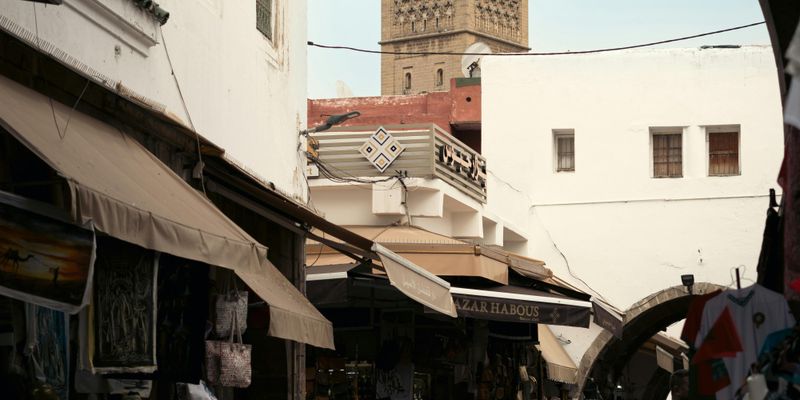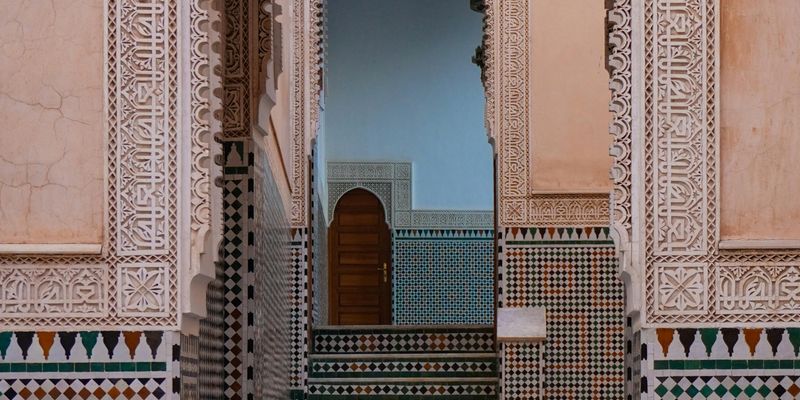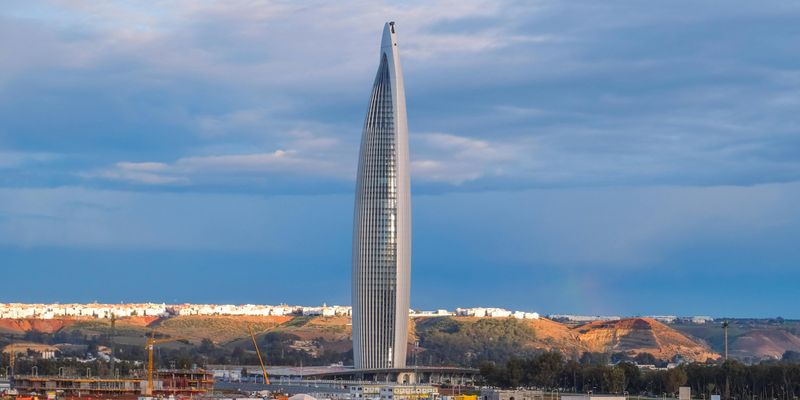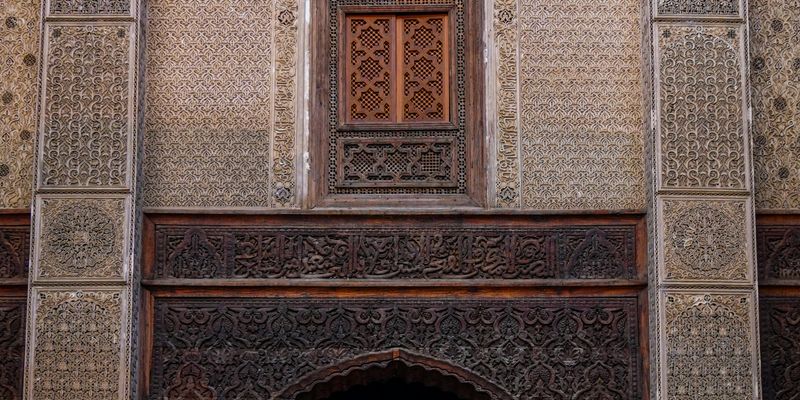
Why Morocco: The Enchanting World of Moroccan Poetry and Its Cultural Resonance
Welcome to the enchanting world of Moroccan poetry, a vibrant tapestry woven with threads of history, culture, and deep emotional resonance. As a Moroccan, I often find myself immersed in the soothing rhythms of our poetry, which reflects the rich diversity of our land, from the sands of the Sahara to the bustling streets of Marrakech. In this blog post, I invite you to explore the beauty of Moroccan poetry and its profound connection to our cultural identity.
A Rich Literary Heritage
Moroccan poetry has roots that run deep into history, heavily influenced by Arabic and Berber traditions. It serves as a reflection of our people's joys, sorrows, loves, and struggles. One of the most esteemed forms of Moroccan poetry is "ghazal," a lyrical poem that expresses love and longing, often infused with philosophical musings. These poems are not just written texts; they are often delivered orally, encapsulating a rich oral tradition that has been passed down through generations.
A fine example is the poetry of the brilliant Moroccan poet Abdelatif Laabi, whose works beautifully blend the mystical and the mundane, offering powerful sentiments about identity and place. His poems serve as a bridge between the past and the present, illustrating how poetry remains a relevant form of expression today.
The Power of Oral Poetry
In Moroccan culture, poetry is not confined to the pages of a book. It lives and breathes in our social gatherings, festivals, and celebrations. One traditional form, known as "châabi," combines poetry with music and dance, creating a lively atmosphere where everyone joins in the spirit of creativity. Listening to a local musician recite "châabi" amidst the warm glow of lanterns during a family gathering can lift your spirits and connect you to our shared heritage.
During the famous Festival of Mawazine held in Rabat, you can experience how poetry and music intertwine, showcasing not only Moroccan artists but also inviting international performers. Such events celebrate the ongoing relevance of poetry in our daily lives and the way it fosters community and connection.
Expressions of Identity and Resistance
Moroccan poetry often expresses a sense of identity and resistance. The works of poets like Mohamed Bennis touch upon themes of social justice and cultural pride. Through their verses, they voice the hopes and dreams of the Moroccan people, inviting us to engage critically with our history and the present social landscape. In this way, poetry becomes a powerful tool for reflection and change.
Contemporary Moroccan poets also embrace modern themes, exploring issues like migration, globalization, and gender. The rise of literacy and social media has further energized poetry’s popularity, with young Moroccans expressing their feelings through innovative formats, including spoken word and digital poetry platforms.
A Cultural Resonance Beyond Borders
The beauty of Moroccan poetry lies not just in its melodic language but also in its ability to resonate with universal themes of love, pain, and aspiration. It invites readers and listeners from around the world to find a bit of their own experiences in our words. Next time you visit Morocco, spend an evening at a local café, and ask for poetry recommendations or performance schedules—you may just discover a new favorite poet.
Conclusion: A Call to Explore
In exploring Moroccan poetry, you will uncover layers of cultural richness that speak to the heart of our country. Whether you're drawn to the passionate "ghazal", the vibrant "châabi," or contemporary spoken word, there is something profoundly enchanting about how we express our humanity through verse. Join me in celebrating this legacy, and let Moroccan poetry paint your travel memories with words that echo long after you leave our shores.
Embrace the world of Moroccan poetry—its enchanting rhythms, emotional depth, and cultural resonance await you!
